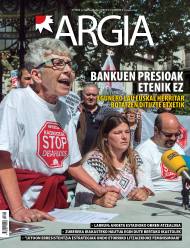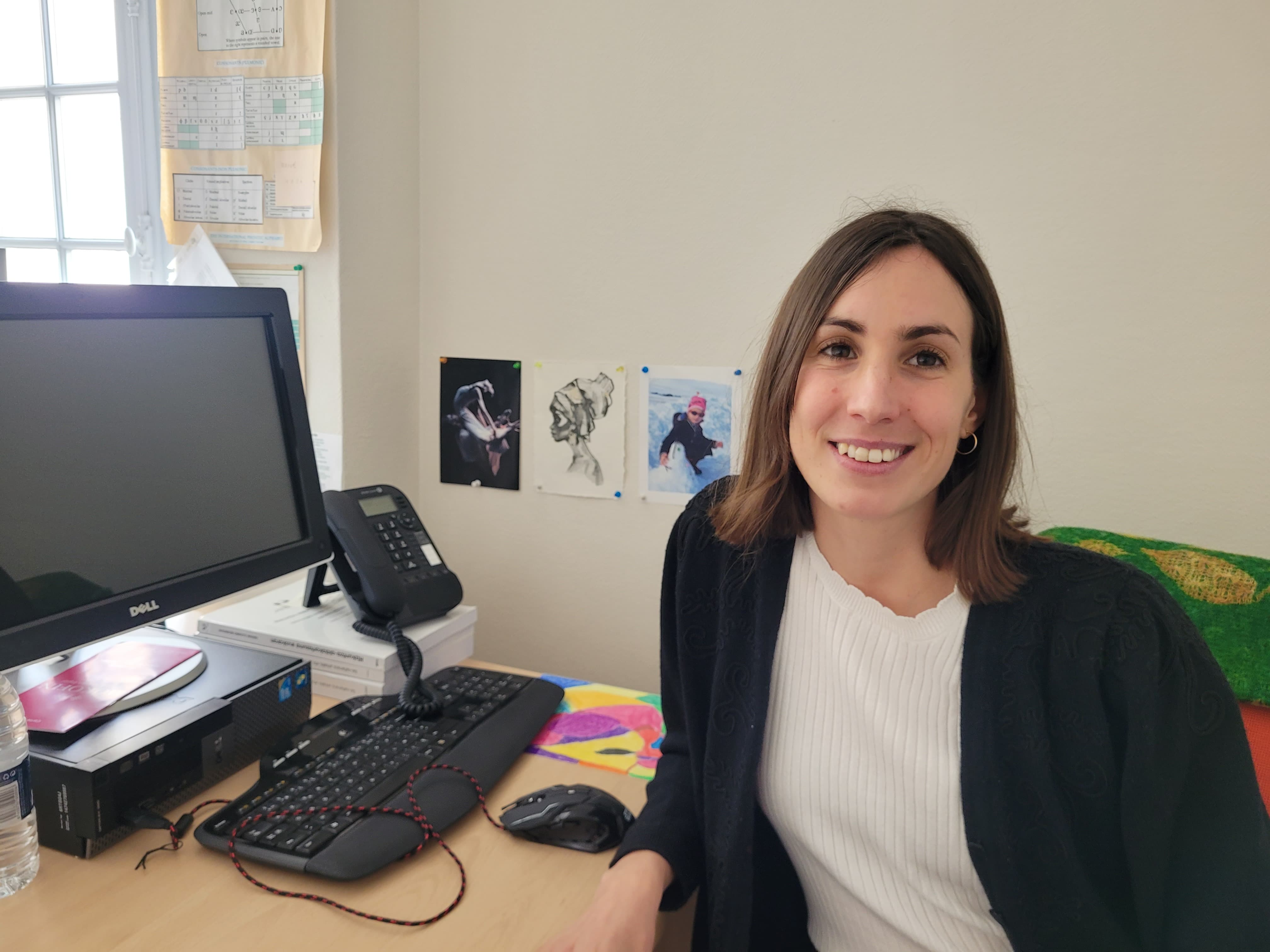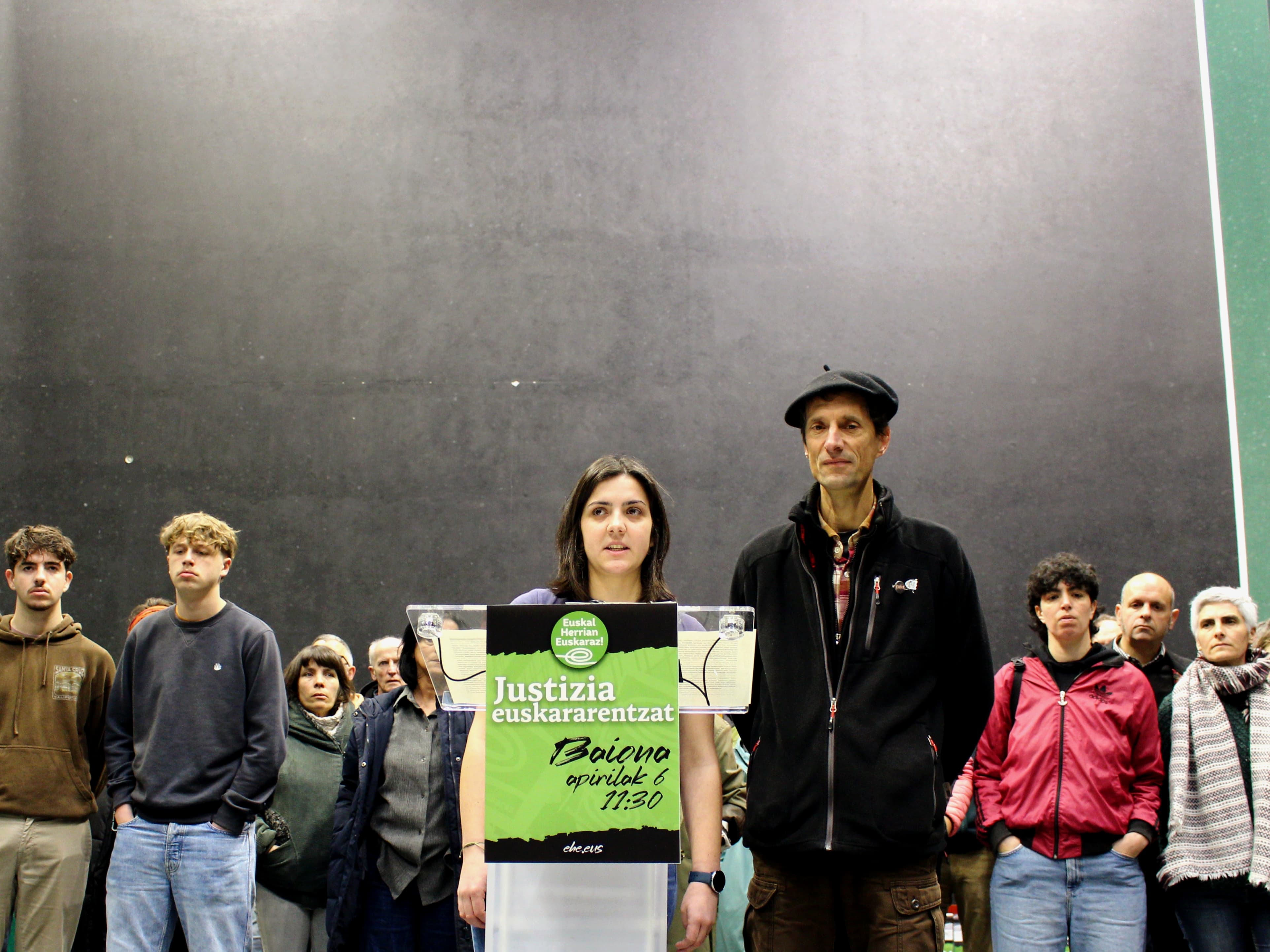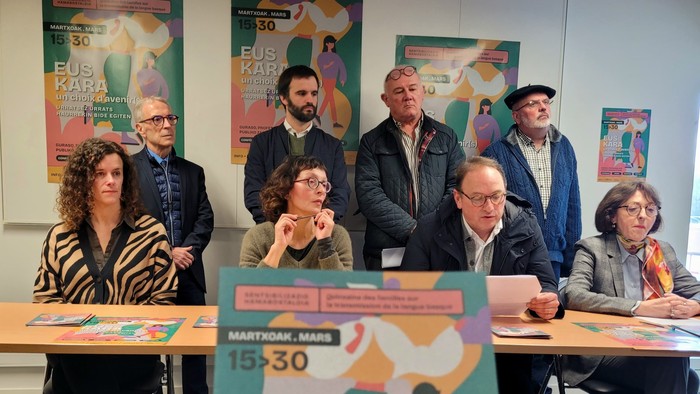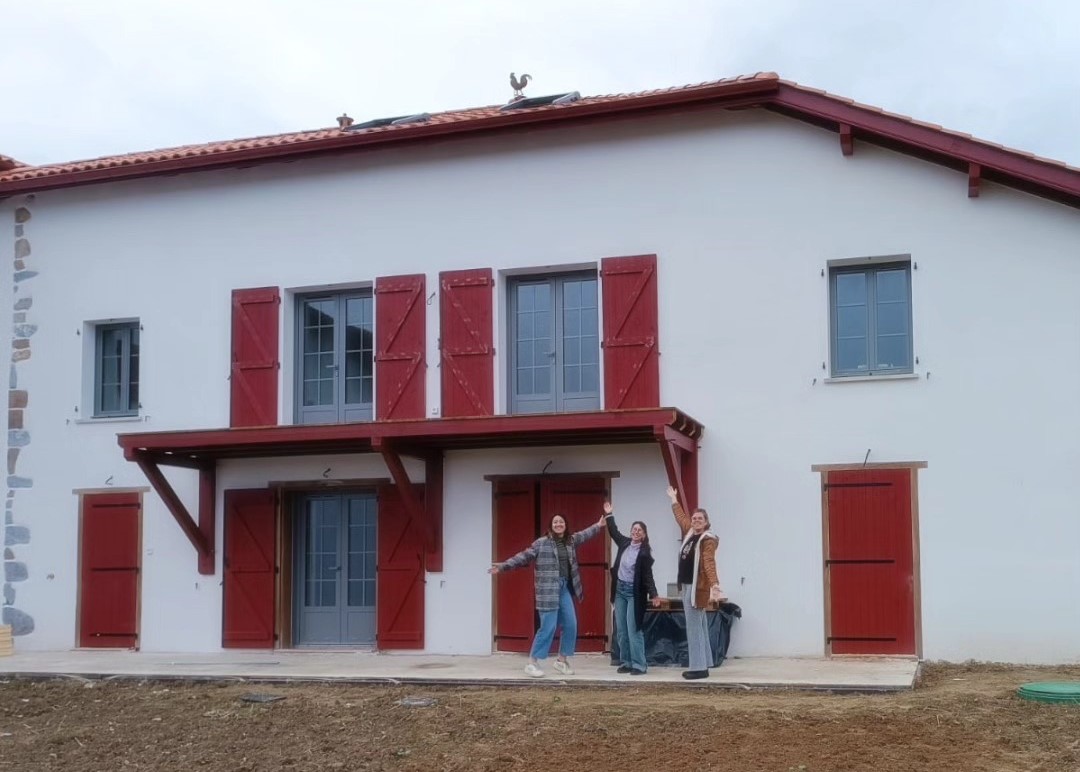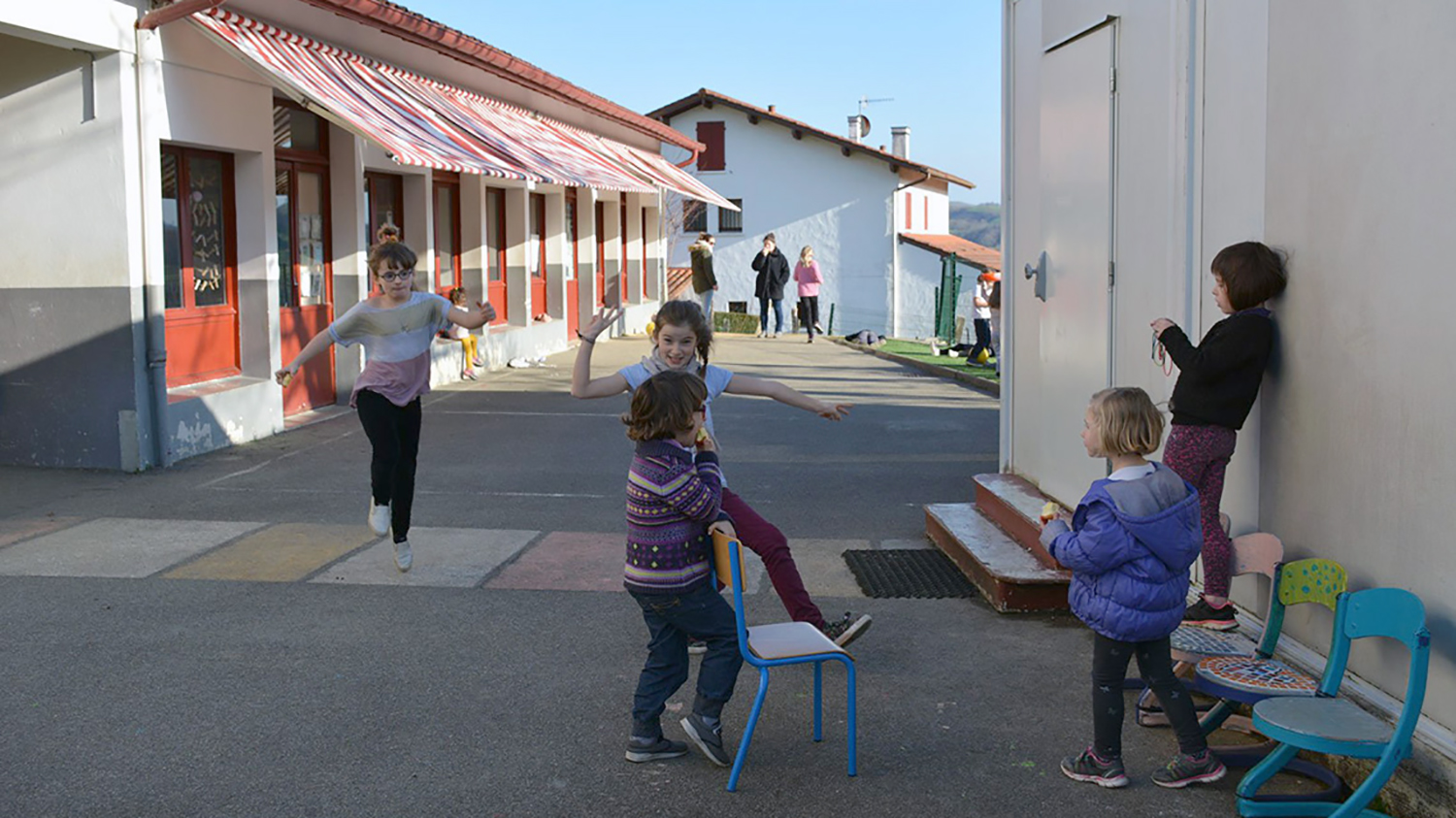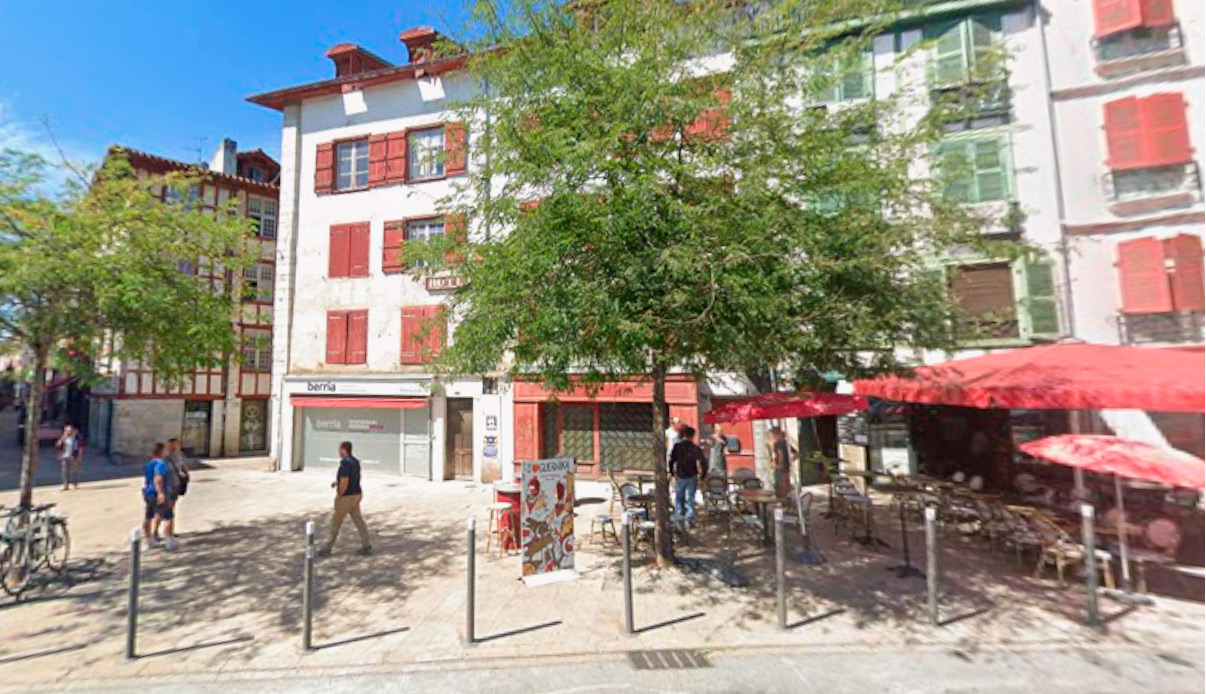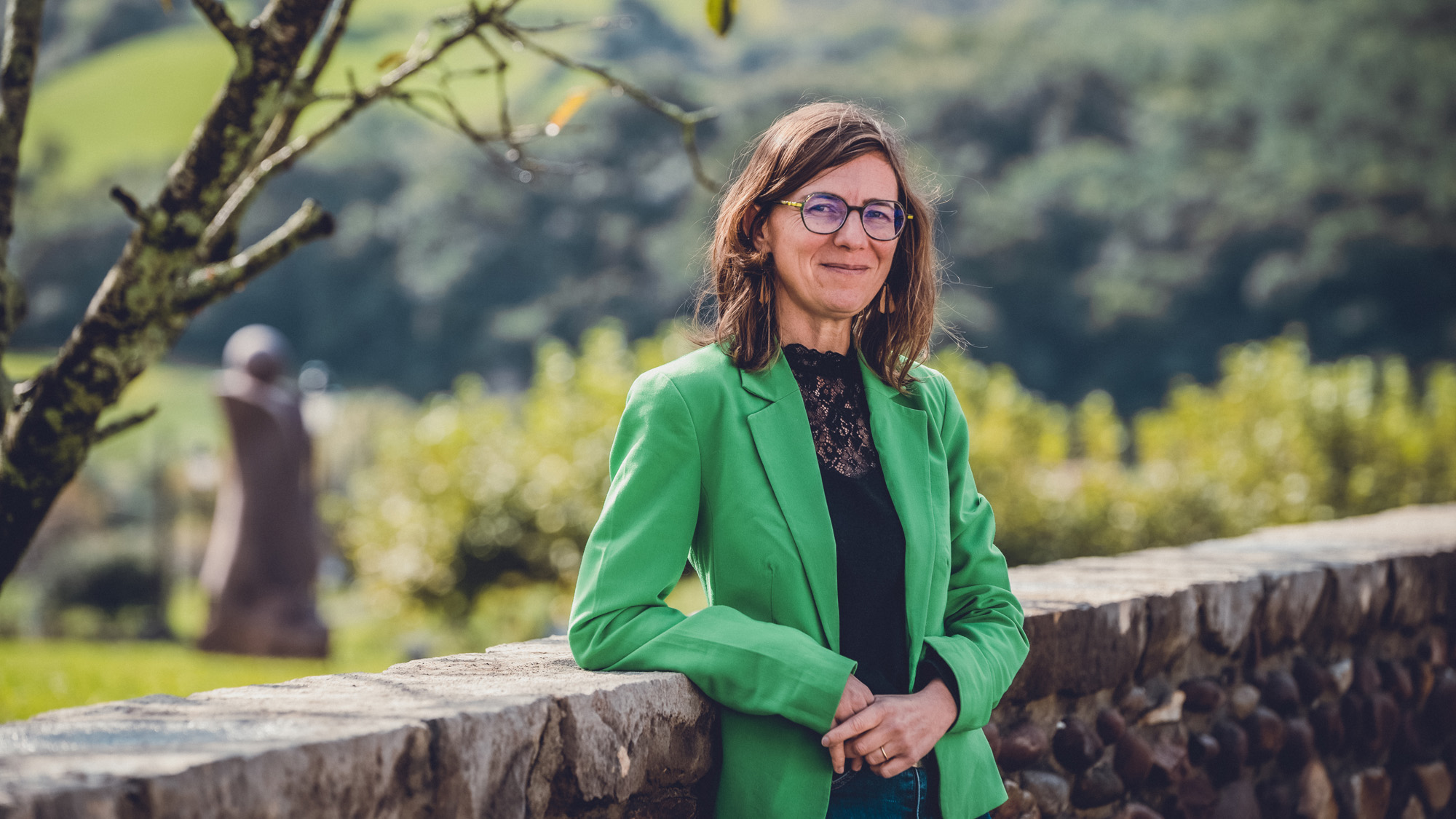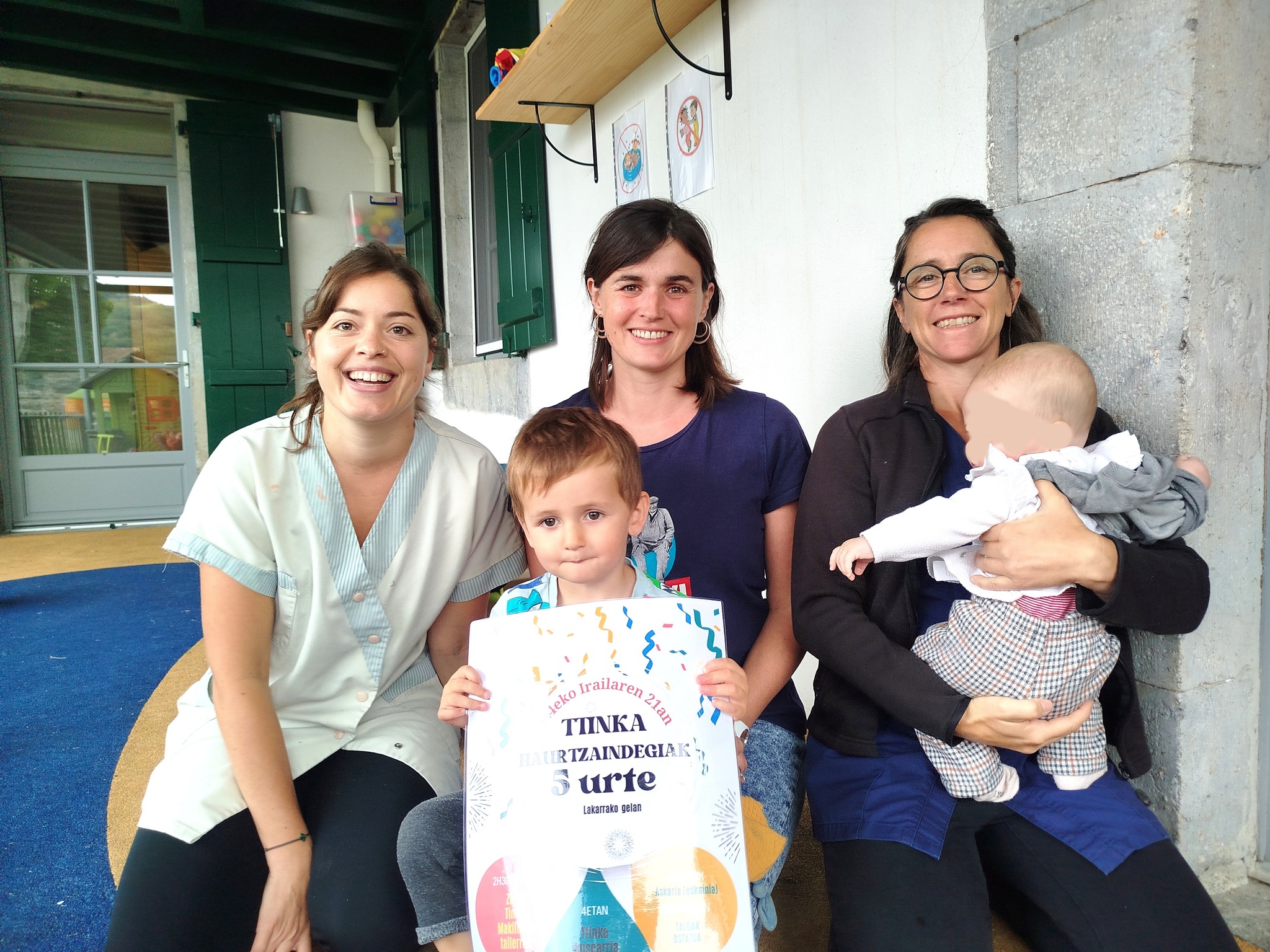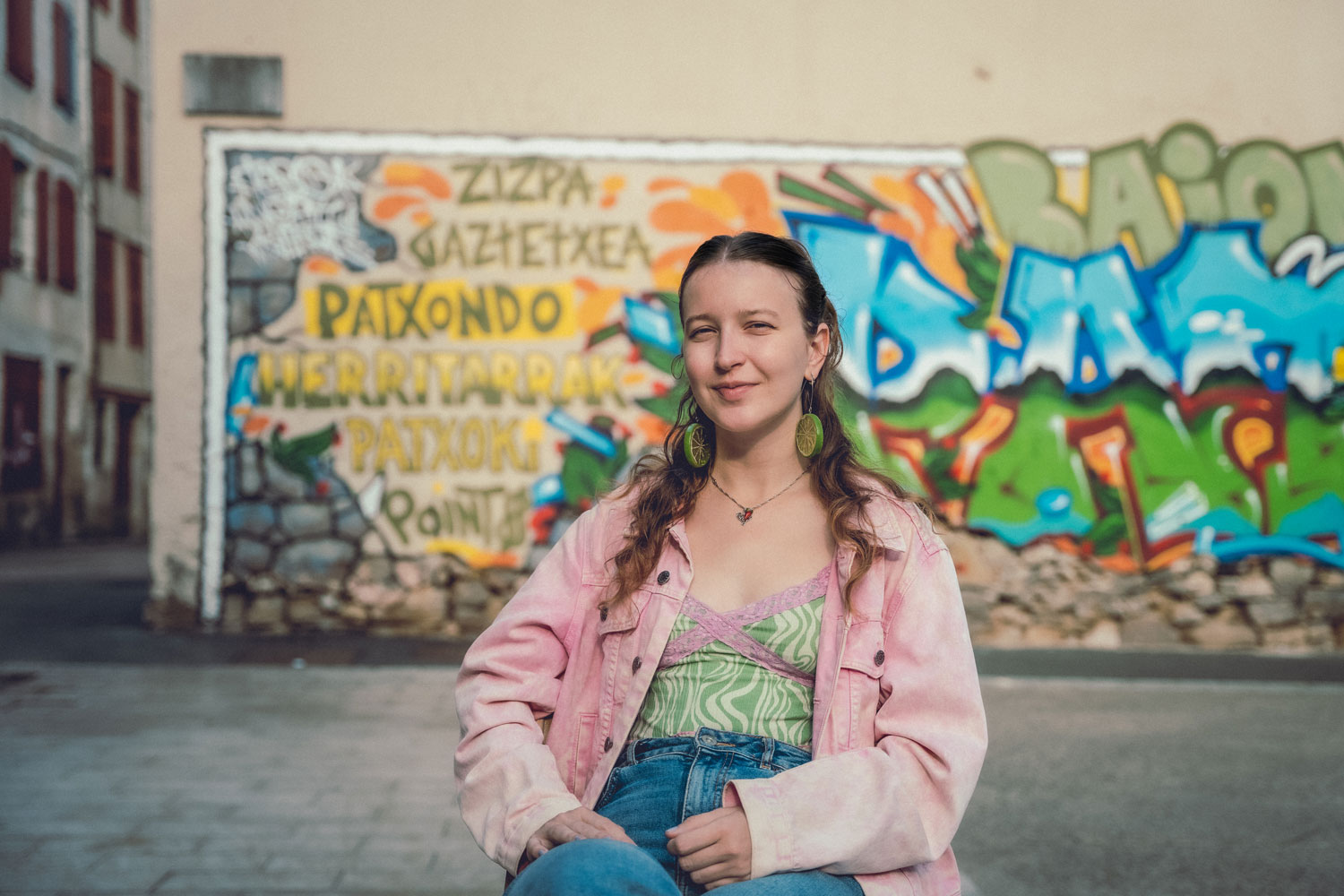"Zuberotarras are two owners of the Basque Country"
- Urdiñarbe, 1987. Graduated in Basque Philology; librarian lanbidez.Iragan presented in October in Arantzazu (Oñati) the XVII. Congress. The motto of the conference was: “The Sulatino and the Batua, today in the mouths of the young Sulatins”. In his opinion, the last Sulatvian Vasco-speaking generation, let us say, which has emerged since 1987, is experiencing a struggle between Sulatino and Batua.

"Competition between Zuberera and Batua is a new linguistic phenomenon, but we have to understand it as the linguistic competence of young people". This is how we learned Maider Bedaxagar.
Suletino and united together
Mother or grandfather continue to be the natural transmitters of Suletino. In part, they make a classic model of transmission, as there are parents who have voluntarily quit Euskera, so Bedaxagar interprets Amañi's role as something unique in many families. In addition, young people learn Sulatino in the ikastolas and adults in the Gau-eskolas. The two are gradually joining together. For example, the Basque country has occupied a very large place in a working world that has so far been a foreign field. Likewise, in the tertiary sector, in services, in general, the Basque Country has gained prestige. Paradoxically, in the field of agriculture, being the natural environment of the Basque country, transmission has been decreasing year after year.
“The Sulatino has emerged from his linguistic isolation”
The natural or predominant place of Zuberera is today in leisure. Thanks to the intense local culture, it remains entrenched among people. It has been renewed in cultural events – such as pastoral and masked ones – and it is still alive. At the same time, it has taken a new place in the media. The Xibero Botza is the main means of communication, mainly dedicated to Sulatino. As Euskal Irratiak is a member of the federation – Inca Irratia and Antxeta Irratia de Lapurdi, together with the Radio Irulegi de Baxenabarre – the offer of common programmes has transformed Euskera and made possible the creation of the “Batua de Iparralde”. Likewise, the “South Batua” has broken into the houses of EiTB, where EiTB has also participated. Thus, in the last twenty years, an Euskera is being sown that goes beyond Sulatino. Audiovisual media are the auxiliary means of transmission of Suletino, however, writings, such as newspapers and magazines, such as Berria and ARGIA, hardly manage to strengthen the normality of Euskera. Only five out of a hundred Euskaldunes read in unified Basque.
There are two ikastolas: Sohütan (Petta) and Aloz (Basabürüa) However, in Zuberera, in the last twenty years, the learning path towards the Basque Batua has been opened. They transmit the awareness of the dialect to children and young people, but they warn the students that the unified Basque is essential to advance towards the other dialects. Despite the complexity of the sociolinguistic situation of the Basque Country, the new generations are realizing the wealth of the Basque country. In the reflection of the philologist, the following premise is observed: “The spoken and read Basque will inevitably be guaranteed by the new children and young people.”
The IKAS Pedagogy Centre is responsible for creating the teaching material, which is consolidated in Uztaritze. The teaching in Basque has been developed thanks to IKAS; the Basque batua written in Iparralde has been largely an achievement of IKAS. Moreover, like the special case of Suletino, IKAS has republished in Suletino the school programmes and books for the schools of Zuberoa. The only dialect that has been adapted in their schools has been Sulatino. As part of the IKAS language policy, students from Iparralde over 8 years of age start training in the unified Basque country of Iparralde, as well as students from Zuberoa.
School Stage
The change from the first course – Haurreskola – to the second – College – is a difficult and decisive moment in the lives of students. The subjects are becoming broader and more comprehensive. 30 years ago, the first students of Zuberoa from the ikastolas started studying at the Xalbador College in Kanbo. They currently work at the Manex Erdozaintzi College in Larzabal (Baja Navarra). This change represented a great “leap” for some students in the past and it is still not easy to leave Zuberoa today. Without staying in the school boarding school, it is very difficult for students to go home to school. Moreover, having to work in a new Basque country requires more effort. The change from the Basque dialect to the standard Basque language makes them immerse in new studies. For the first time, they are in a new society, most of the students are from Baja Navarra, and in their day to day they experience other types of exchanges, they start a new stage of socialization. It's the moment of inflection. In view of the fear that the school will be in unified Basque, the parents fear that it will be too poor to support their Basque level: “The linguistic limit of Zuberera and the united is so strong, and so emotional, that they question the continuity of studies in Euskera. It looks like I take him to Seaska College or I don’t take him,” says Bedaxagar.
Language skills of young people
However, the young people who take the step in the new lesson, after a grammatical and syntactic adaptation, after learning the play to batua in vocabulary and verbal language, achieve a significant change in terms of the alocability of the language. The interlocutor tells us that “the Basque who is used by the current Sulatins is not a Sulatino adapted to the sum, nor the standard Basque part of the Sulatino. The young zuberotars speak as if the unified Basque were not Sulatins. There are two owners of the Basque country. Young people have inevitably abandoned some forms of Sulatino syntax and plurality. In the field of phonology there have been great phonetic transformations. Three main phonetic characteristics are attributed to Silesian: paraxytonus accent, sigh and special sounds. This is what Bedaxagar says: “The Basque youth batua is acquiring an intonation that is not Sulatina. Euskaldunberris will hardly save the sigh. And sound ü never comes out of his mouth.” The use of Euskera batua has led to the development of other linguistic competencies in the new generations. Students starting at the children's ikastolas, studying in the first and second and finishing their studies at the Liceo acquire new sounds and accents. At the same time, those who speak from childhood to Suletino continue to control their own sounds.
Advantages and uncertainties
Undoubtedly, the teaching and evolution of the Basque Country have transformed the social relationship of the zuberotarras. The young people of this new generation are able to speak in Basque with the Euskaldunes of other territories, both north and south. A new dimension of the Basque Country has been created at the head of the new Zuberotarras rapporteurs. Zuberotars, until a few years ago, have rarely been in Basque with Euskaldunes from other territories, as in the past, they have used French or Spanish when crossing with other elite Basques. In Bedaxagar’s opinion, “Sulatino has emerged from the linguistic isolation that had been given so far”.
Doubts are not scarce, however. The owners of the two linguistic variants “can they feed two languages?” When they talk about batú they do not use their dialect to enrich the standard Basque: “The relationship between two languages is quite unbalanced and heterogeneous.” In Bedaxagar’s opinion, “this situation generates a kind of linguistic hierarchy, regrettable at times”. This has created a doubt: “How long will those speakers last?” Speakers question the practicality of this language. First of all, "How do you call these new speakers?" the rapporteur has asked. In fact, in order to conduct a more exhaustive study, the nature of the speakers who have this new Basque should be investigated in depth, in order to identify and describe them well.
Euskal hizkuntzalaritza esperimentaleko katedra berria estreinatu dute Baionako fakultatean.
25 bat eragilek adierazi diete elkartasuna apirilaren 11n Baionako auzitegian epaituko dituzten Intza Gurrutxaga eta Gorka Torre Euskal Herrian Euskaraz taldeko kideei. Egun batzuk lehenago, apirilaren 6an Baionan eginen den manifestazioan parte hartzeko deia ere luzatu dute.
Plazara, AEK, Uda Leku, Dindaia eta Ebete antolakundeak Baionan elkartu dira Famili'on egonaldi ibiltariaren lehen edizioa aurkezteko. Hizkuntza mailaren arabera eskaintza bat edo beste egongo da eta haur zein gurasoentzat izango da udaberrian.
Hizkuntzarako ere gurasoak haurrentzako eredu direla kontuan hartuta, euskararen erabilera eta irakaskuntzari buruz sentsibilizatzeko helburua duen hamabostaldia antolatu dute Hendaia, Urruña, Donibane Lohizune eta Ziburuko herriek. Martxoaren 15etik 30era guraso... [+]
Nafarroa Beherean, Aiherrako 'Beltzegitea' etxean kokatuko da Eguzkilore haurtzain-etxe berria. Euskara, natura eta motrizitate librea oinarri harturik, heldu den apirilean hasiko dira zerbitzua eskaintzen.
The problem of the afrancession of the names of the places of Euskal Herria is not only due to the lack of consideration of the language in the signaling panels, but also to the execution of a decision on the domiciliation that was taken a few years ago.
Ultimately, the... [+]
Larunbatean ospatu dituzte Ttinka mikro haurtzaindegiaren bost urteak Lakarran. Baxe Nafarroko euskara hutsezko egitura bakarra da, Euskararen Erakunde Publikoaren B ziurtagiriduna.
On May 17, five Euskaltzales of Ipar and Hego Euskal Herria performed an action coinciding with the call made by the students of the Bernat Etxepare lyceum to mobilize in favor of the Basque. On the wall of the Baiona Subprefecture, a message was sent to the authorities of the... [+]
“Geldi euskara zapaltzea” lema berriz hartu du Euskal Herrian Euskaraz taldeak larunbatean egin duen prentsaurrekoan. Maiatzaren 17an, esaldi hori Baionako suprefeturan tindatzeaz akusaturik, irailaren 10ean epaituko dute Gorka Roca Torre.









